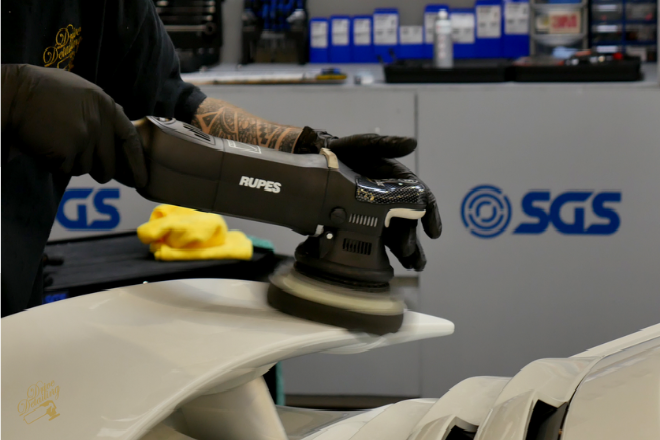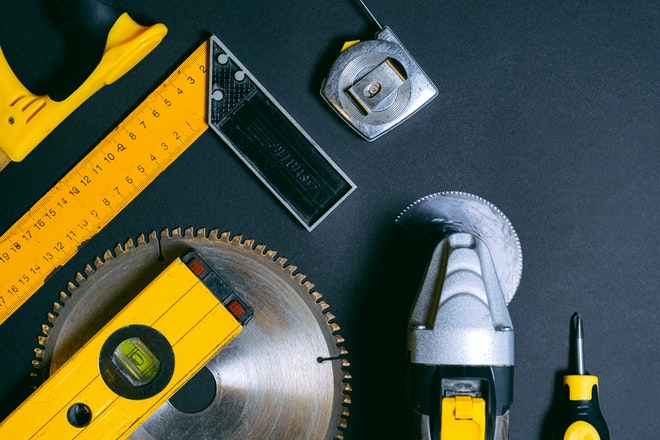Dealing with insurance companies after a car accident can sometimes be a complex and challenging process. However, with proper knowledge and preparation, you can navigate the process more effectively.
Being involved in a vehicle collision is painful and stressful. In addition to dealing with your injuries and mental health, you will also need to seek financial reimbursement to cushion you against accident-related losses. These types of accidents can strain your daily life, making it harder to take care of yourself. You want to make sure you are doing everything you can to stay protected and receive compensation.
How to Deal with Insurance Companies after a Car Accident
If this is the first time you have been involved in an accident, or the first time dealing with the insurance company, you need to review all the evidence of your accident so you can make a compelling case. Here are some steps to help you deal with insurance companies after a car accident:
Document damages
After a collision, if you are physically able to walk around safely, then you should take pictures of your damaged car, the other cars involved in the collision, and the crash scene.
In addition, you should photograph your injuries and those of other casualties during the accident. Furthermore, you should write down the contact information of all the parties involved and the witnesses who were at the scene when the crash occurred. Since insurance companies want to give you the least amount they can, when you present witnesses, proper documents, and pictures to support your claim, it will maximize your settlement amount.
Call the police
When you call law enforcement officers after the crash, it will help to save lives and document the events. Police officers will gather information from you and the other drivers and offer their statements that can strengthen your claim. Keep track of all these documents that are related to your crash. The more information you have, the more likely you’ll be able to receive financial compensation. It’s hard for insurance companies to argue if there are irrefutable facts.
Remain at the scene
You should never leave the scene after a collision unless you need emergency medical attention. You should wait for police officers to arrive at the scene and give details about the accident to the proper authorities. However, you should never admit fault to other drivers or police officers at the scene. It’s important to keep these conversations brief and just between professionals. You don’t want to say anything to the other driver that could be used against you in court. Just tell officials what you specifically saw and what specifically happened to you.
Exchange information with other motorists
After ensuring both you and your passengers are unhurt, you should collect the contact information of the other motorists. The most essential information you should exchange with the other drivers that participated in the crash includes full names and contact information, the driver’s license and plate numbers, the model and type of vehicles used, and the location of the accident. A claims adjuster who is reviewing your claim can determine the at-fault party based on an inspection of the cars used, property damaged, information provided by you and the other parties, and any supporting documents like photographs of the crash scene or the police report.
Know the law
When you understand the local laws surrounding automobile accident reimbursement, you will avoid being taken advantage of by the claim’s adjuster. Research these laws to be up to date on everything. It’s easy to let these details slip through the cracks but you don’t want to miss out on money that you are rightfully owed. It’s your right to receive financial compensation for a crash that was not caused by your actions. Keep track of these details in case you need to reach out to a legal professional.
Contact an attorney
An attorney can help if there is any dispute on your claim. The litigator will convince the adjuster of how much your claim is worth by producing the relevant evidence to back up the claim. If you do this alone, you may get tricked by the claims adjuster into accepting an exceptionally low settlement. It’s easy for claims adjusters to not take you seriously or listen to you when you’re on your own. But they will be forced to hear your story if you have an attorney who is ready to fight for you.
Conclusion
To increase your chances of receiving fair compensation after an automobile accident, you should document the damage at the scene. The more evidence you have in your favor, the stronger your case is. Call the police and exchange information with the other motorists involved in the crash. The police will draft reports of the incident that you can use for your claim. In addition, you should know the law and contact an attorney to oversee any disputes on your claim and maximize your payout.




